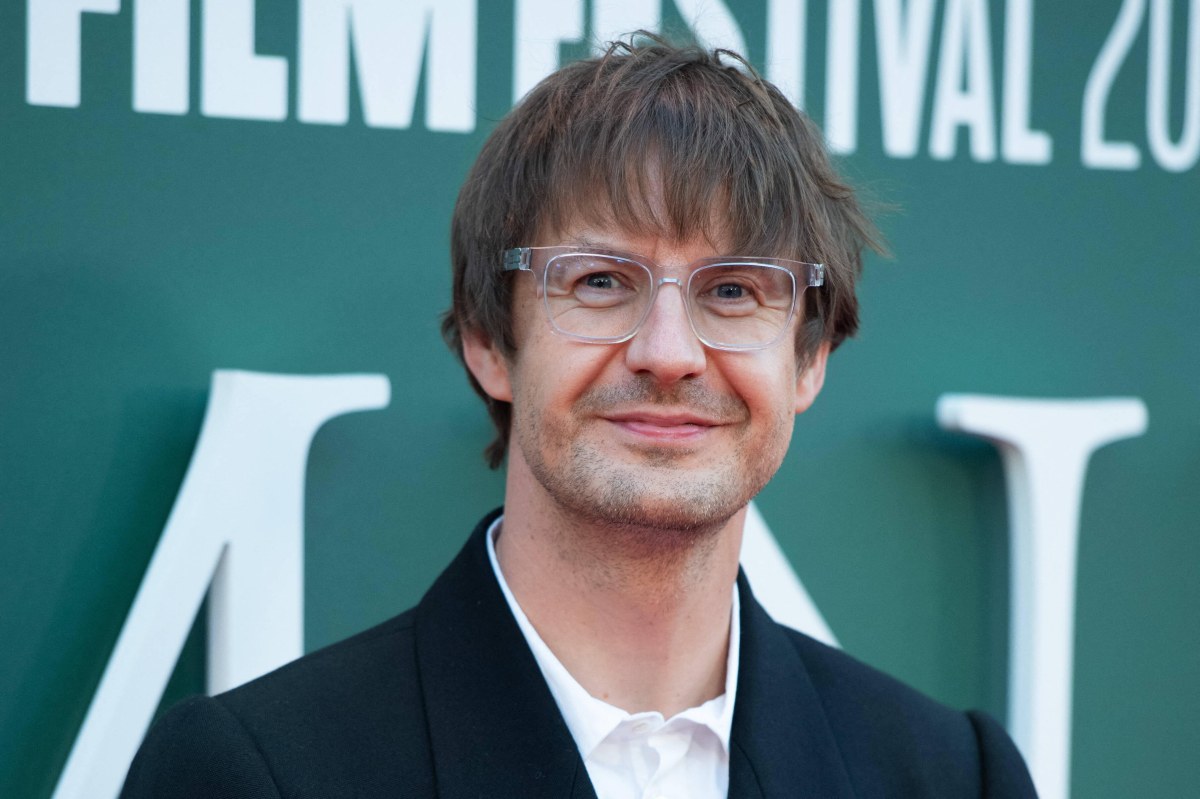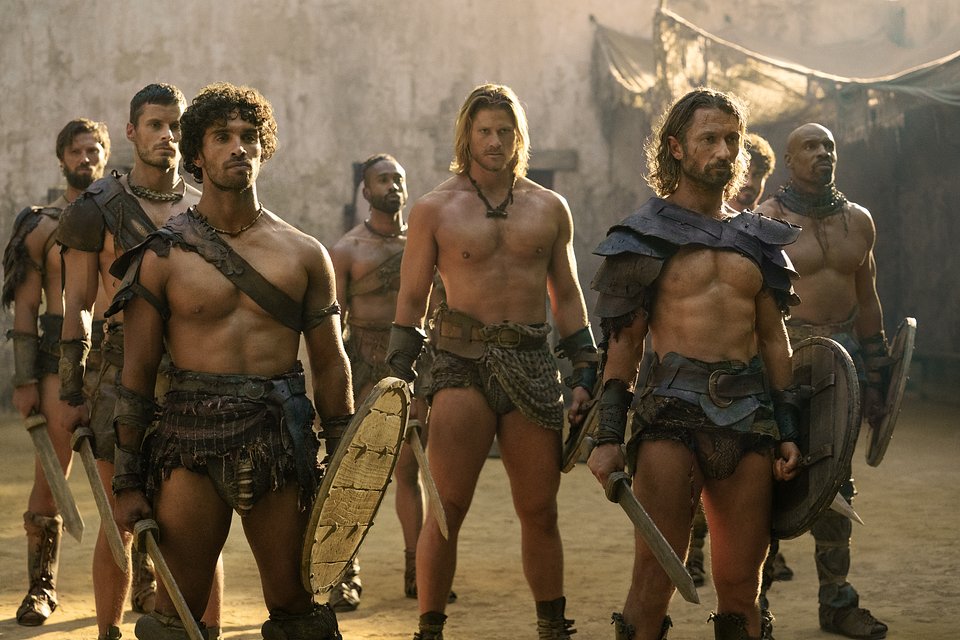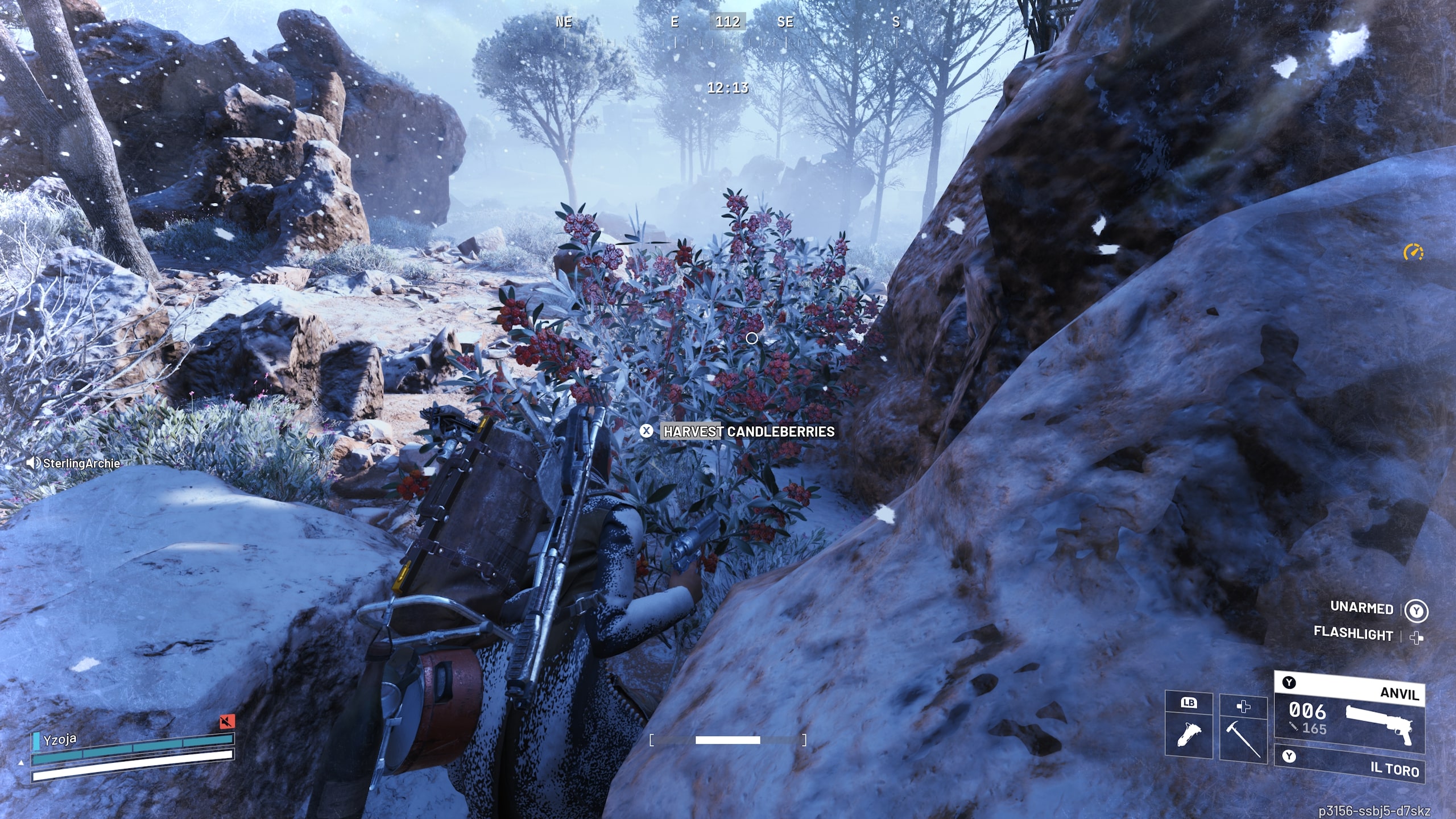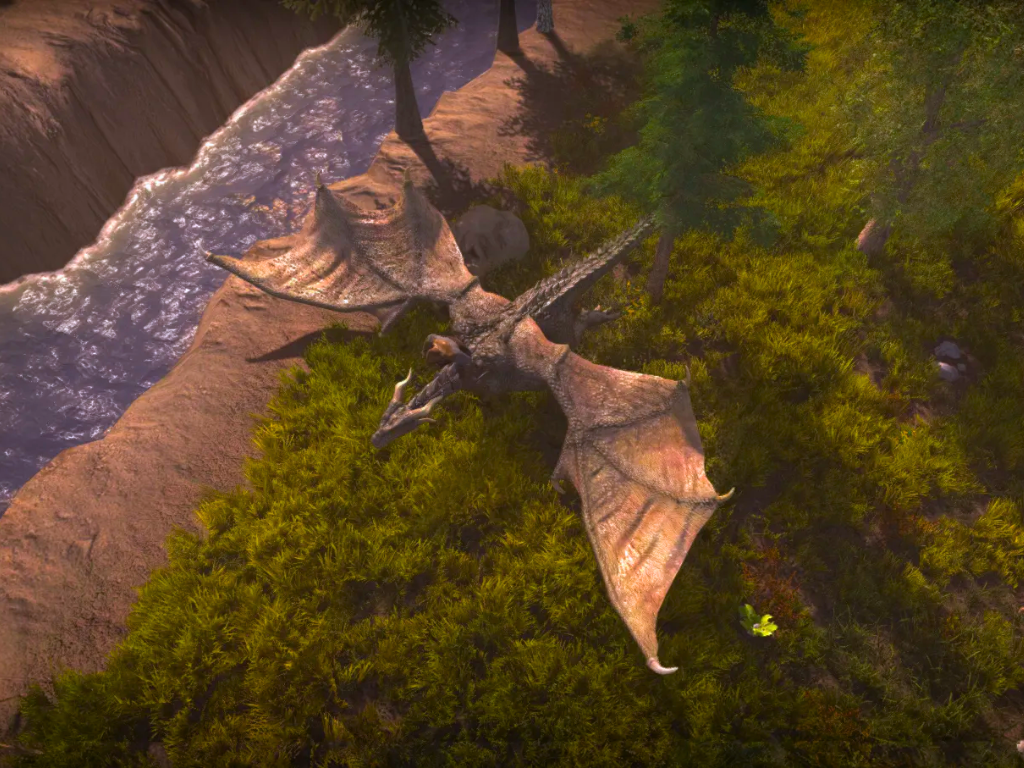On February 27th 1993, Tomo Buzov took the last journey of his life. The 63-year-old Croat boarded a train from platform 4 in Belgrade’s main railway station. Train 671 was heading to Bar in Montenegro. The distance was about 500 kilometres. Buzov – a retired officer from the Yugoslav People’s Army – was visiting his son, Darko, who was then serving his military service in Podgorica, Montenegro. The journey should have taken little than 8 hours. But the train was already delayed by an hr erstwhile it yet pulled out of the Serbian capital. Just minutes after departing, the conductor, accompanied by 2 policemen, asked passengers for their tickets. Additionally, he requested their names and surnames.
By afternoon, the train had crossed into Bosnia-Herzegovina, randomly stopping in a tiny village, Štrpci, where passengers were asked, yet again, for identity documents. This time, however, the request came from Bosnian Serb soldiers. They were on a hunt for Bosnian Muslims, commonly known as Bosniaks.
It was 2 years into the Bosnian War (1992-1995): 1 of respective interrelated multi-ethnic sectarian conflicts fought across the Balkans during the 1990s, as Yugoslavia broke apart. In Bosnia, the conflict was peculiarly bloody. 100,000 people were killed and a further 2 million (half the population) were displaced.
Passengers aboard train 671 would have understood the possible danger awaiting individuals being asked to leave due to their ethnicity-religion. To save themselves, they remained silent. Tomo Buzov chose not to. First, he stood up in his seat. “Stop, people, what are you doing, is there law in this country?” Buzov is believed to have shouted. A Bosnian Serb soldier heard Buzov’s angry protests. But he didn’t argue. “Get out”, he replied, immediately removing Buzov from the train.
That afternoon, Buzov was 1 of 20 passengers removed from train 671, then tortured and killed. The oldest victim was 59 years old, the youngest was 16. The killings were carried out by the peculiar unit “Avengers” of the Republika Srpska Army, under the command of Milan Lukić. In 2012 he was sentenced to life imprisonment by The Hague Tribunal for committing war crimes in the east Bosnian town of Visegrad, but not for the Štrpci deaths.
That day at Štrpci, 18 of the victims were Bosniaks. The identity of the another remaining passenger has never been established. To date, only 4 bodies of the 20 have been recovered. It’s believed the remaining corpses were likely dumped in the Drina River, which forms a border between Bosnia-Herzegovina and Serbia. Like many war crimes committed in the erstwhile Yugoslavia, the legal conflict for justice is long and complex.
In 2002, a Montenegrin court sentenced Nebojša Ranisavljević to 15 years for his participation in the abduction of civilians in Štrpci. In October 2022, in Bosnia, 7 individuals were sentenced to 13 years in prison each for a war crime which begun at the Štrpci train station. In Serbia, in 2018, 5 defendants said to have participated in the Štrpci massacre were indicted. That year, their trial began in a Serbian court. But it has been subject to many delays and complications. 2 of the accused – Ljubiša Vasiljević and Jovan Lipovac who were initially sentenced to 10 years each for crimes against civilians – have since died, and their sentences were subsequently dismissed.
Then on October 30th 2023, the court of appeals in Belgrade overturned the first verdict and sent it back for reconsideration. The fresh trial was rescheduled for January 2024 but has been postponed. No investigation has always been formally opened into who ordered the killings of the 20 victims at Štrpci.
In February 2014, in the divided daily, Slobodna Dalmacija, Boris Dežulović called the Štrpci train massacre “one of the darkest stories in modern Serbian history”. The Croatian writer published those words in an article marking the 21st anniversary of the sectarian killings. Specifically, his part focused on Tomo Buzov’s unrecognized bravery and courage. “Tomo Buzov was killed by Chetniks, but Croatia does not remember him due to the fact that he lived in Belgrade,” Dežulović wrote: “Nor does Serbia remember him due to the fact that he was a Croat, [who] opposed a Serbian soldier.”
“This superb journalistic part feels to me like a part of literature,” Croatian director, Nebojša Slijepčević explained over a mid-morning espresso in the lobby of Hotel Dubrovnik in central Zagreb. “After reading it, I was immediately inspired to make a short movie about the communicative it told, but my intention was not to make a past lesson,” said the documentary filmmaker whose another films include My Neighbour Wolf (2022) Srbenka (2018) Something About Life (2016) and Red Slide (2025).
The Man Who Could Not stay Silent (2024) is simply a fictional reimagining of Tomo Buzov’s last surviving moments. It premiered at the 2024 Cannes movie Festival, where it was awarded a Palme d’Or for Short Film. “Fundamentally, this is simply a movie about good and evil,” said Slijepčević. “From the minute I came up with the thought for it, I knew it would all request to take place in real time, in a narrow claustrophobic space of a train compartment in little than 15 minutes.”
The short movie has since won respective another prizes at movie festivals across the globe. At this year’s Academy Awards in Los Angeles, it was nominated for Best Live Action Short Film. “Maybe my life would have become more complicated if I won that Oscar, so in a way I was relieved,” said Slijepčević.
His award-winning movie opens in darkness, as we perceive to the sound of wheels passing over rail joints. There is haunting quality to the repetitive rhythm. “Where this crime happened, Štrpci, is positioned between 2 tunnels,” Slijepčević explained. “For me, this coming in and out of darkness is simply a good metaphor.”
When the train’s brakes screech to a abrupt halt, a face gradually comes into focus. The man appears to be in his mid-30s. He looked tired and anxious. He is sharing the train compartment with 5 others, including 2 young girls. individual announces that the halt wasn’t planned. The man goes to the corridor of the train for a cigarette. There, he notices a younger man. The 2 men return to the compartment and converse. The older man, Dragan (Goran Bogdan), introduces himself. The younger man, Milan (Silvio Mumelaš) looks terrified. He doesn’t have his identity papers, he tells Dragan. But even if he did, they would uncover he is simply a Bosniak.
“It’s okay, Milan,” says Dragan. “Don’t be afraid.”
Dragan, we come to learn, is simply a Christian. In theory, he is not facing a life-or-death situation. But his bravery is tested erstwhile a Bosnian Serb soldier (Alexis Manenti) enters the train compartment. First, he asks Dragan to show his authoritative documents. Then the soldier requests Dragan’s family’s saint name. “St George,” he answers.
“Dragan is not the hero of this film, but a bystander, who bears witness to the crime,” said Slijepčević: “He is simply a righteous man, who knows right from wrong, but at the precise minute erstwhile he is expected to react, he discovers something about himself. Can any 1 of us know for certain how we would respond if we found ourselves in a akin situation?”
Milan then goes through the same humiliating process. But he has no papers. A Bosniak, he has no household saint name to talk of either. The Bosnian Serb soldier asks Milan to stand up. Then Tomo Buzov (Dragan Mićanović) intervenes.
“Leave the boy alone,” he says. “He has done nothing wrong.”
The soldier asks Tomo Buzov for his papers. Refusing to be intimidated, he stands up, handing them over with contempt. “Who gave you the right to check people’s papers,” he says. The soldier observes that this man is simply a erstwhile army captain and requests for him to formally state the name of his household saint. “That’s no of your business,” Tomo Buzov replies. The Bosniak man is left sitting on the train. Meanwhile, Tomo Buzov is taken away.
“Tomo Buzov was not suicidal, he believed he would someway talk his way out of the situation erstwhile he was off the train,” Slijepčević explained. “But he was killed on the spot, and his body was never recovered. We have this information from the perpetrator, Nebojša Ranisavljević, who was subsequently arrested and put on trial.”
The Croatian manager mentioned the investigation he consulted before writing the script. This included reading thousands of pages of court papers and witness testimonies. “Most of the film’s dialog comes from sentences I found in these testimonies,” said the director. “But the six people who are in this train compartment, that’s all fiction.”
Slijepčević besides met with Tomo Buzov’s son, Darko, who gave his full approval for the film. “He told me that his father reacted as he did that day due to the fact that in this young [Bosniak] man who was about to be removed, he recognized his own son,” said Slijepčević. “It was almost as if Tomo Buzov was acting like a father who is protecting the child.”
This past February, in a unusual coincidence, Darko Buzov died of a heart attack. “Darko was inactive a young man in his early 50s, and, remarkably, he died the same day his father was murdered in Štrpci, 32 years prior.” Slijepčević said.
The Croatian manager claimed the Yugoslav wars in the 1990s had created “unresolved intergenerational trauma … We did not process what happened during the 1990s in a appropriate way,” he said to me. “We just buried it under a very thin layer of earth. This trauma is not healed, just delayed. Unfortunately, what past teaches us that from old traumas come fresh traumas and fresh conflicts.”
The manager insisted that while his movie is rooted in a circumstantial time and place, it grapples with universal themes applicable to our present age. “Today, whether it’s in Ukraine, Gaza or elsewhere, we are constantly being forced to ask ourselves: is the force that happens to individual else my business, or am I allowed to look the another away?”
Slijepčević concluded: “In this movie I effort not to give any answers or to preach, but to [subtly] ask that question by telling this peculiar story.”
JP O’ Malley is simply a freelance writer and critic. In addition to his regular contributions to New east Europe, his work appears regularly in publications specified as The Sunday Independent, Ireland, The fresh European, The Age, and Index on Censorship.
New east Europe is simply a reader supported publication. delight support us and aid us scope our goal of $10,000! We are nearly there. Donate by clicking on the button below.
















